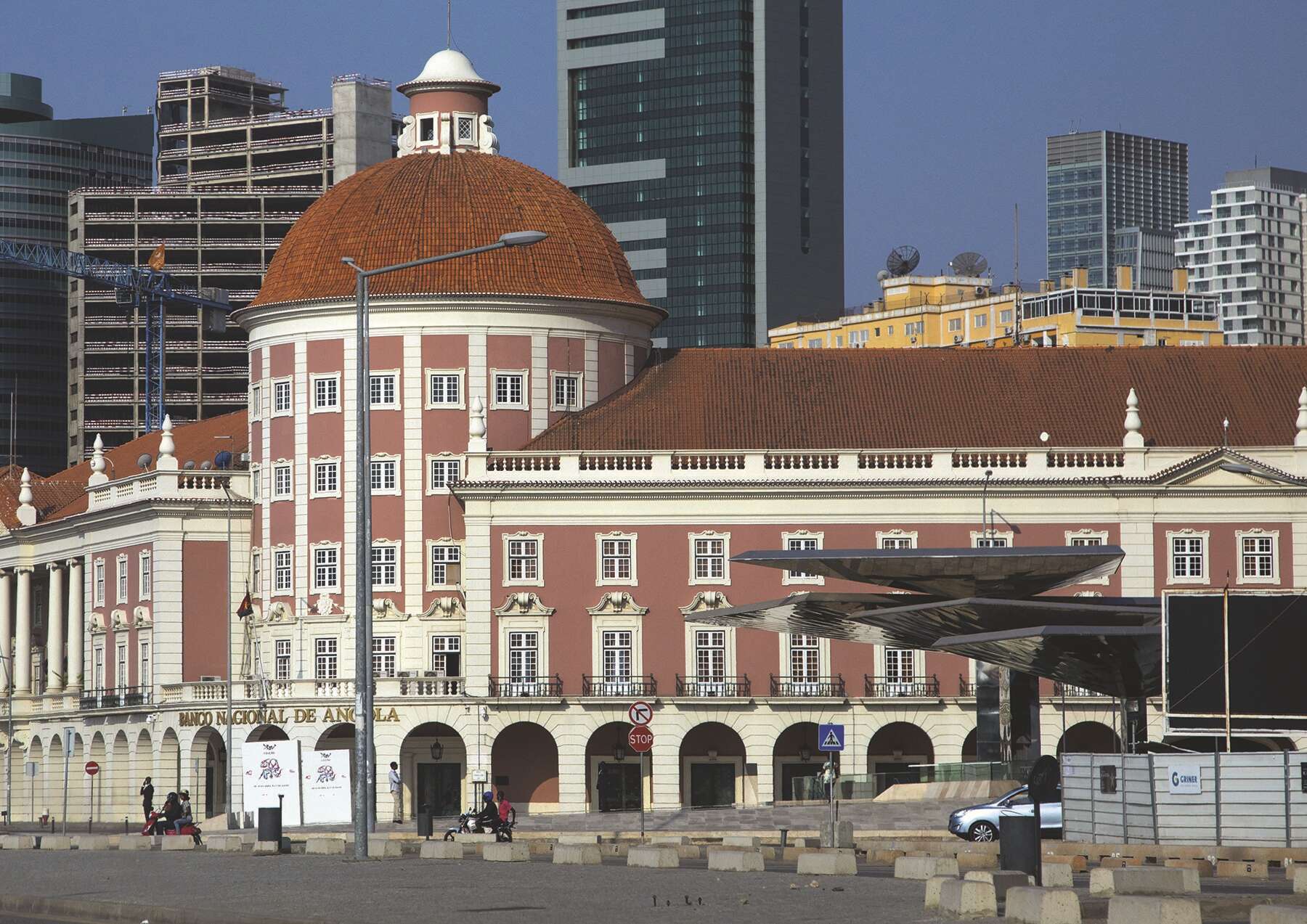
Angolan notebook: The reasons behind Africa’s most costly city, Luanda
United States President Joe Biden has declared that he will embark on his inaugural voyage to Africa as president, which may also serve as his final one. He will be traveling to Luanda, Angola.
Angola has been numerous things, such as the second-largest hydrocarbon producer in Africa and a mediator in the conflict in the Democratic Republic of Congo.
Yet, it is not an inexpensive location to reside. It is classified by the United Nations as a food-deficit, lower-middle-income, resource-rich country with a population of over 35 million.
In 1576, Portuguese Paulo Dias de Novais established Luanda as its capital. At present, it serves as the nation’s administrative, political, economic, religious, and industrial hub. Residents are required to pay a premium in order to enhance their quality of life.
Most of the top hotels in Luanda charge between $250 and $485 per night, while high-end restaurants charge between $18 and $35 per meal.
The expense is partially due to the concentration of everything in Luanda, according to Francisco Chivela, an economist in Luanda, as reported by The EastAfrican. Therefore, there is a reduced amount of space available for a greater number of individuals from various regions of the country. His argument was that the solution was to decentralize services, which would involve the country having more than one capital.
Angola currently has 18 provinces and 164 municipalities; however, it will have 21 provinces and 325 municipalities starting next year as a result of a law passed by the parliament in August that established new political-administrative regions..
The division of the province of Moxico into Moxico and Kassai Zambeze, the division of the province of Cuando Cubango into Cuando and Cubango, and the division of the province of Luanda into Icolo and Bengo. Home to at least one-third of the Angolan populace, it is the most populous province in the nation.
According to experts, the city was initially intended to accommodate approximately 500,000 individuals.
It is estimated that the current population is 9.6 million. In 1950, Luanda had a population of 138,413. The average annual growth rate has been 3.86 percent.
According to the African Cities Research Consortium group in 2020, Luanda was the fourth largest metropolis in Africa in terms of population, surpassing Cairo, Lagos, and Kinshasa.
Nairobi is the eleventh largest metropolis on the continent, Addis Ababa is the tenth, and Dar es Salaam is the fifth. Brazzaville is ranked 34th.
According to a United Nations report, the number of individuals living in poverty is on the rise, with over half of the rural population in Angola surviving on less than $2.15 per day.
In Luanda, this appears to be the most visible.
The most expensive city in the world for expatriates is Luanda, according to Etic Journal, the company that controls ETIC Hotels, a hotel booking platform.
As per the online publication, the high cost of living is the result of a variety of factors, such as the fact that a significant number of goods are imported, Luanda’s infrastructure is still in the process of recovering from years of civil conflict, and the oil-driven economic boom has resulted in inflated prices for housing and services.
According to the publication, the sudden influx of expatriates, particularly those employed in the oil and diamond industries, is another factor that contributes to the high cost of living in Angola’s capital. This has resulted in an increased demand for international products and high-quality housing.
An additional explanation for Luanda’s elevated cost of living is provided by Mr. Chivela.
He claims that the expense of living in Luanda is high due to the bureaucracy in the banking system.
“In other cities worldwide, electronic payment is prevalent.” In the city of Luanda, it is unusual. According to Mr. Chivela, “In certain cities, it is possible to make purchases on the street with your phone; however, in Luanda, this remains a pipe dream.”
In August, Mercer, a consulting firm, identified Luanda as the most expensive city in the world for expatriates. The survey, which examined the cost of living in over 200 cities, factored in factors such as food, housing, medical care, clothing, transport, location, leisure, and entertainment.
Hong Kong, Tokyo, Zurich, Singapore, Seoul, Geneva, Shanghai, New York City, and Bern were all surpassed by the Angolan capital in a list that included European and Asian counterparts.
This is not the first time that Luanda has made the top of the list of the most expensive cities to reside in as an expatriate. It was rated first in 2017, surpassing Hong Kong.
Luanda was designated as the most expensive city in the world for expatriates for the third consecutive year in 2015. This designation was attributable to the exorbitant prices of rent, imported products, and security systems.
João Saraiva, a Portuguese national who has operated a hotel business in Luanda for the past two decades, recalled an incident that continues to haunt him. In 2010, while Angola was hosting the Africa Cup of Nations tournament, a Ghanaian football player was charged $10 for a haircut. The player reported the incident to the police.
Mr. Saraiva stated, “There are cities in which money is highly valued, but in Luanda, it appears that money is losing its value on a daily basis.”
The city of Luanda is overcrowded in comparison to other cities in the country and the globe.
In addition, Mr. Saraiva noted that the high level of informality in Luanda exacerbates the situation, as it prevents the development of sectors that rely on a culture of borrowing and saving. Consequently, the population of Luanda largely lives on a shoestring budget.
Inflationary pressures have been exacerbated by currency depreciation and an increase in petrol prices since mid-2023, according to a World Bank bulletin. The bulletin also noted that Angola’s economy is not generating sufficient employment opportunities to accommodate the expanding working-age population.
According to data from the African Development Bank Group, the unemployment rate in Angola is high (29.6 percent) and the majority of jobs are informal (79.9 percent). This is primarily due to the impact of rural areas (38 percent) and adolescents (52.9 percent).
All Categories
Recent Posts
Tags
+13162306000
zoneyetu@yahoo.com



